BID $
ASK $
(%)
Markets are closed.
Next check in seconds.
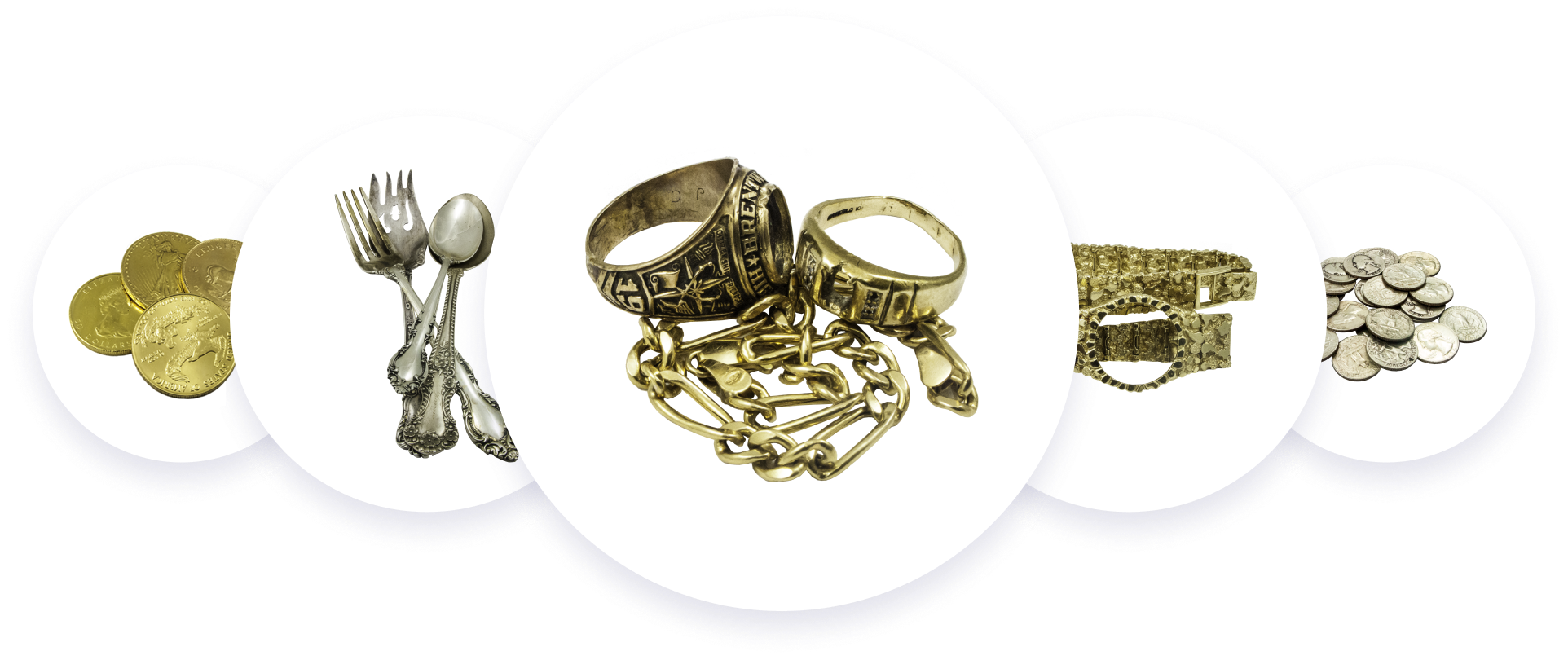
Bring in your items for a free evaluation by a precious metals specialist.
We'll make an offer based on their metal content at today's market prices.
Get paid on the spot with cash, check, bank wire, or Zelle.
Request a free insured shipping label and secure packaging, or use your own.
Package and drop off your items at a UPS Store location, or with your carrier.
Join us on Zoom or FaceTime as we unpack, test, and appraise your items.
Review your offer and initiate payment, or request free return shipping.
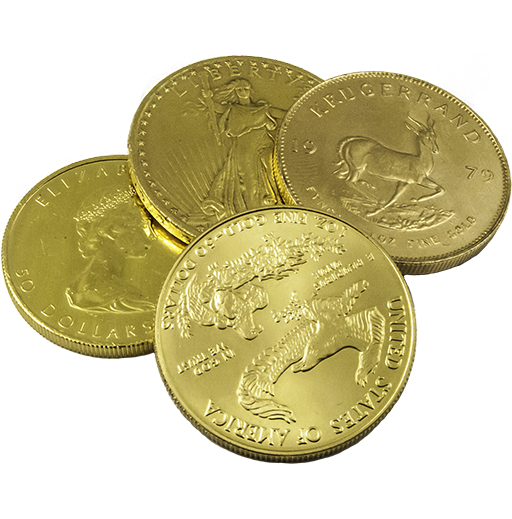
Gold Coins & Bullion
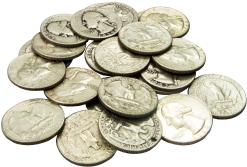
Silver Coins & Bullion
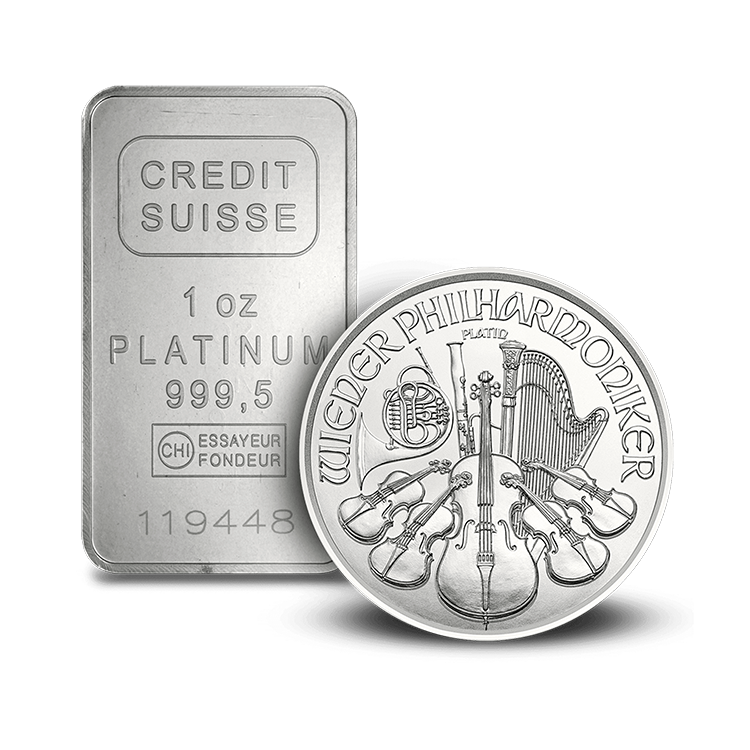
Platinum Coins & Bullion
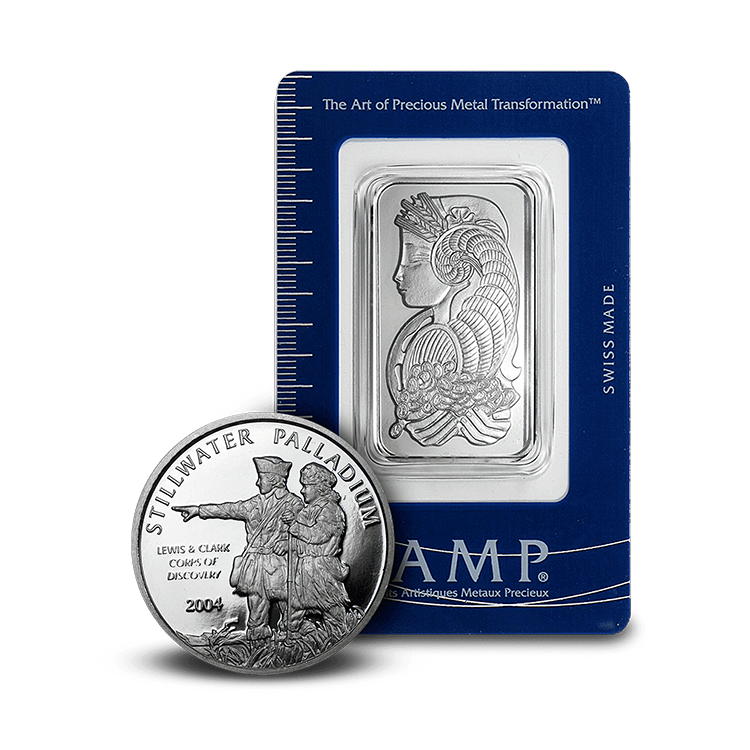
Palladium Coins & Bullion
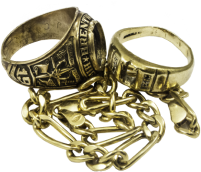
Gold Jewelry
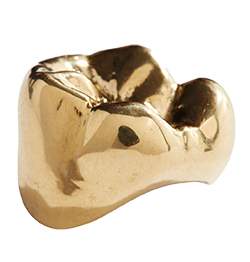
Dental Gold
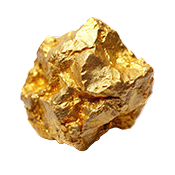
Raw Gold
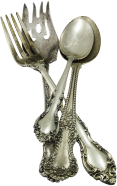
Sterling Silver Flatware
Convenient Payment Options
We offer cash, Zelle, check, and wire transfer. Some restrictions apply.
Instant Online Pricing
Get instant online quotes with the same live price calculator our buyers use. (Coming Soon)
Licensed & Regulated
We hold all state and local licenses for transacting in secondhand precious metals.
Free Secure Shipping
Enjoy free insured UPS Express shipping and secure packing materials when selling by mail.
Referral Rewards
Earn cash rewards when a new customer uses your referral code. They earn too!
Online Convenience
View transactions, manage payments, get price alerts, and more in your online account.
Schedule your free online or in-store appointment with a precious metals specialist.
Schedule an in-store appointment, or talk with a precious metals buyer on FaceTime or Zoom.
We don't buy platinum jewelry, costume or plated jewelry, grain or shot, circuit-boards, industrial silver, stamps, or paper currency.
While we gladly purchase jewelry containing stones, our offer is based purely on the metal value. Whenever possible, we'll attempt to remove and return larger stones when purchasing your item.
For pieces containing stones, we can provide an informal offer based on their estimated weight. The final offer would be determined after stone removal.
Depending on the type and number of items you're looking to sell, you'll have an offer in minutes.
Large lots with many scrap metal items can take time to evaluate, and an appointment is recommended.
For most coin and bullion products, we also consider condition, packaging, year, certified grade, and other factors.
We use state inspected certified legal for trade scales to weigh your items. For single items weighing over 1200 grams, we may use high-precision scales which are not certified legal for trade.
"Solid" gold jewelry has the same metal content throughout.
"Plated" gold jewelry consists of a thin layer of solid gold applied over a base metal such as copper. Plated jewelry typically has very little fine gold content, and the cost of refining it can be greater than the value of the gold contained.
Common gold plating methods include gold fill, electroplating, and roll plating. Plated pieces are often marked "GF", "GP", "KGP, "HGE", or "RGP."
Most solid gold jewelry contains a karat stamp such as "14K" or "18K". Jewelry manufactured outside the US will often bear "fineness" markings such as "417", "585", or "750" rather than a karat stamp.
However, some authentic gold jewelry is unstamped. In other cases, gold-plated jewelry has been stamped and sold as solid gold by a dishonest jeweler. We may use X-ray fluorescence or simple chemical testing to identify or confirm the metal content of marked and unmarked items.
If you see a stamp like "GF", "GP", "KGP, "HGE", or "RGP" on gold jewelry, this indicates that it is gold-plated.
Except for certain types of chains, solid gold and silver jewelry should not be magnetic. Use a strong neodymium magnet to confirm that your items are not magnetic.
While solid silver jewelry can tarnish, solid gold jewelry cannot. You can also examine gold jewelry for copper or silver colors showing through in well worn spots, which typically indicate plating.
In almost all cases, authentic silver jewelry will be stamped "925" and will not be magnetic. If you have silver colored pieces that are not stamped, or they are stamped but magnetic, it is unlikely that they are silver.
We perform non-destructive electronic testing on most coins and bullion. If your coin is in a case, we typically don't need to remove it.
We can also test small gold jewelry pieces, raw gold, sterling silver, and most other scrap metals non-destructively.
While can make an offer on heavy or unstamped gold jewelry without destructive testing, such items may need to filed, drilled into, or cut apart to verify content before finalizing the purchase.
Cash, Zelle, check, wire transfer, or trade-in credit toward a retail purchase.
Wire transfers incur a $35 fee.
We issue cash and Zelle payments immediately. Check payments are also issued immediately unless the sale requires further processing or verification. Wire transfers are issued within one business day.
When purchasing coins or bullion, we typically only pay up to the first $1,000 in cash. If you would like to receive full payment in cash, please contact us before coming in.
For sales of "scrap" metals including jewelry, you can request full payment in cash.
If we pay you over $10,000 cash in a single transaction, you are required to file IRS Form 8300.
Cash payment isn't available for items which were shipped to us.
We are only required to file IRS form 1099-B if you sell bullion in a quantity and of a form which meet current Commodity Futures Trading Commission (CFTC) precious metal futures contract requirements.
This exempts all jewelry and other scrap precious metals, coins, bars of most sizes from COMEX approved brands, and bars of any size from brands which are not COMEX approved. Trade-ins are exempt from 1099-B reporting. For more, see here.
If you are selling items which are not secondhand goods, such as coins, bullion, or dental material, we will ask for your name and any other basic contact and banking information necessary to issue payment.
When selling secondhand goods, Florida law requires the presentation of a government-issued photo ID. We must also collect certain other identifying information as required by law.
It's never been easier to sell your gold and silver.
Four quick tips to help you get the most for your gold and silver.

Some buyers advertise extraordinary rates to attract customers, then understate the weight of their items when making an offer.
Florida law requires business buying and selling precious metals by weight to use "legal for trade" scales, and to register those scales with the Florida Department of Agriculture and Consumer Services for inspection.
Legal for trade scales undergo stringent testing, and must meet certification standards of the National Type Evaluation Program (NTEP). They provide the highest level of reliability and accuracy.
If a buyer misidentifies the purity of one or more of your items, you could receive significantly less. For example, "18 karat" gold jewelry contains nearly twice as much pure gold as "10 karat" gold jewelry.
While having your items examined, don't hesitate to inquire about the methods and procedures used to determine their metal content. We employ a combination of acid testing, electronic tests, visual inspection, and other techniques to help accurately determine the content of each item.
To learn more about metal content and markings, check out our purity chart.
Some precious metals buyers ask to take your items to another area or complete the testing process out of your sight. Whenever possible, examination and testing of your items should occur in your full view.
Our process enables you to remain with your items and directly witness all testing and weighing. Even if you've mailed in your items, we offer dual-camera web meetings, so your items can remain in view as they are removed from our tamper-evident packaging and examined.
If you've received an offer but aren't ready to sell, reputable precious metals buyers won't be afraid to clearly state their offer in writing.
Due to the volatility of the gold and silver markets, a buyer may only be able to guarantee an offer for a limited time, or only while gold or silver are within a given price range.
A meaningful written offer should include the metal type, content, and weight of your items, along with the current market price of gold or silver. If a buyer refuses to extend any details of their offer in writing, it's best to check elsewhere.